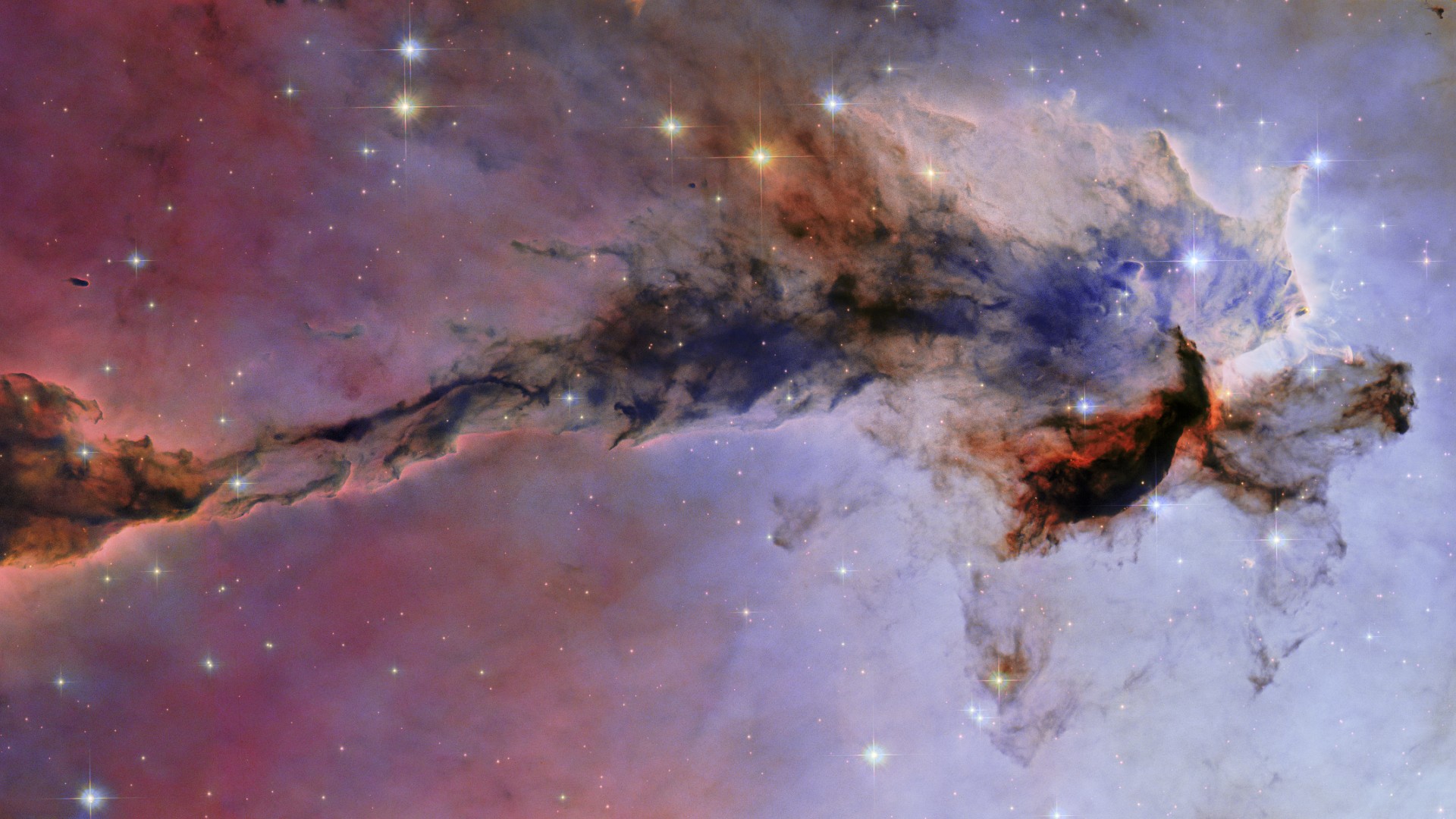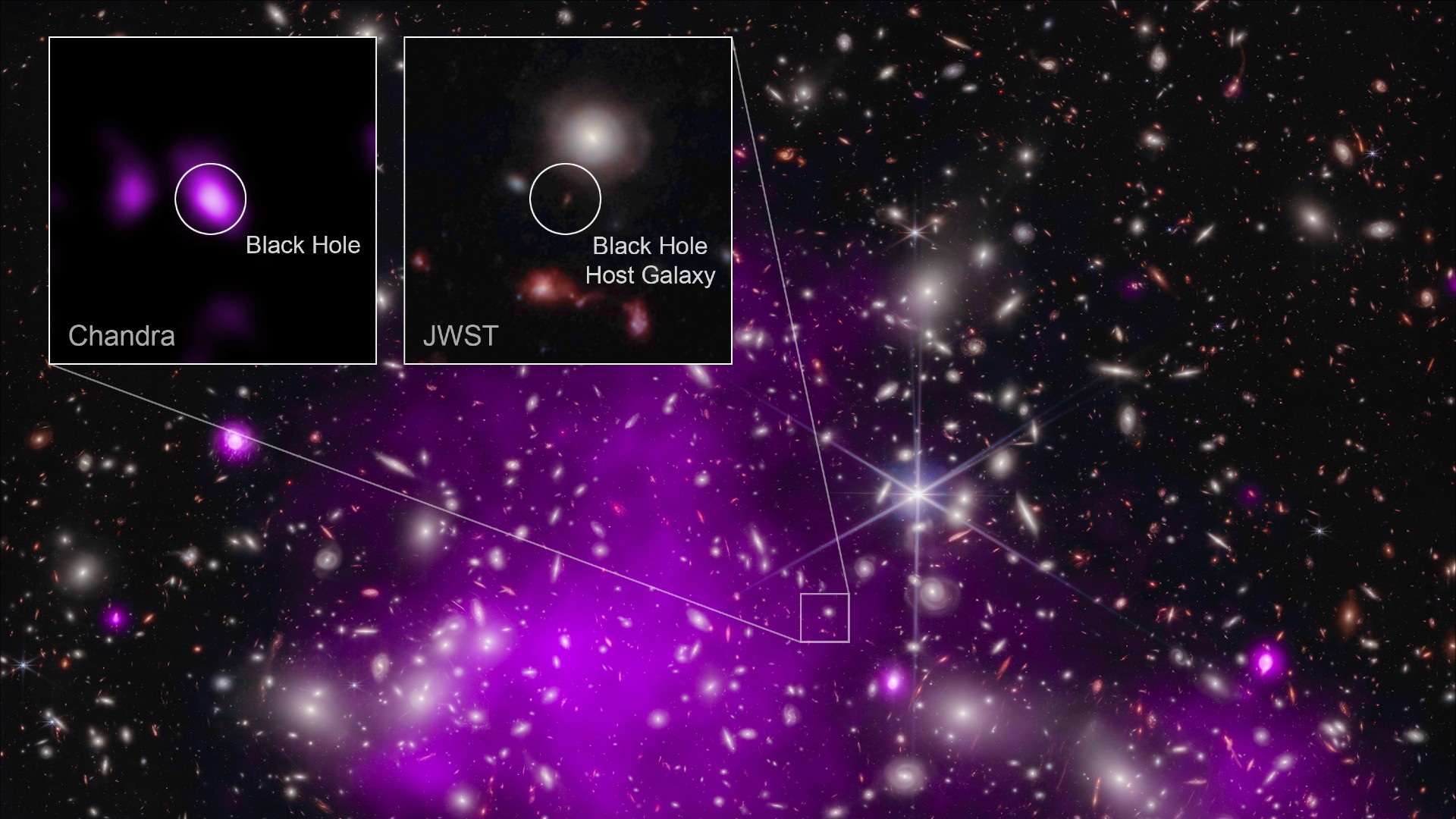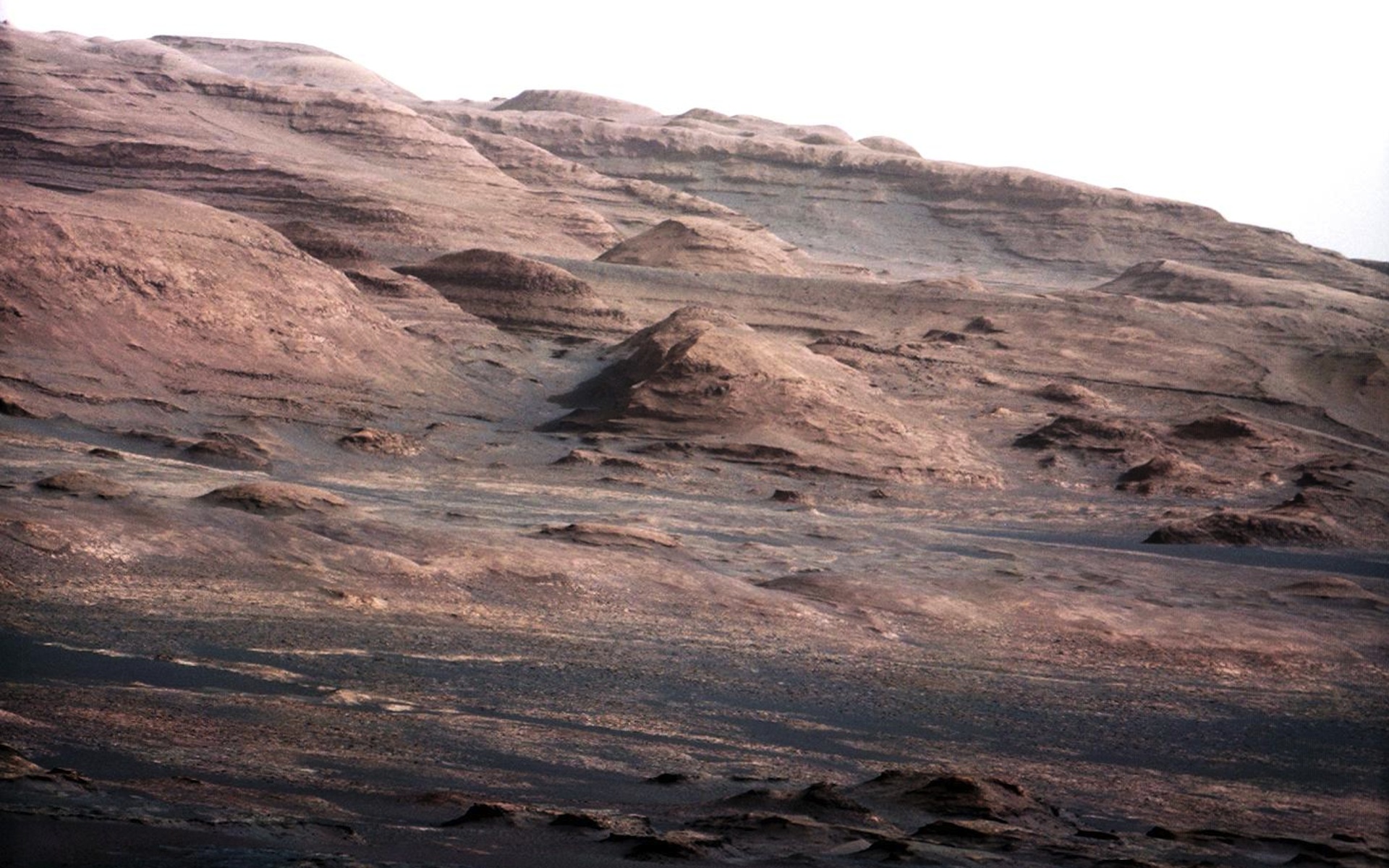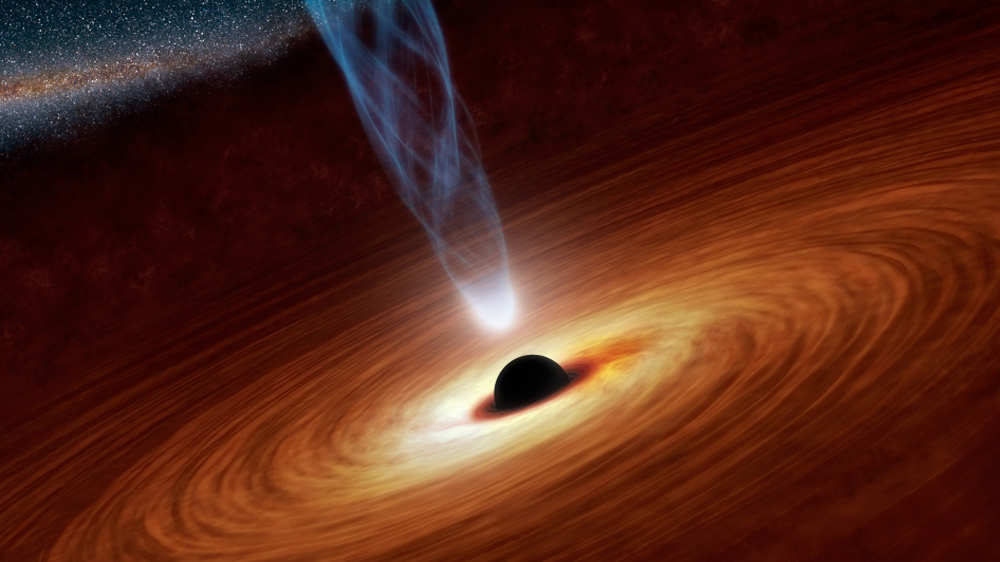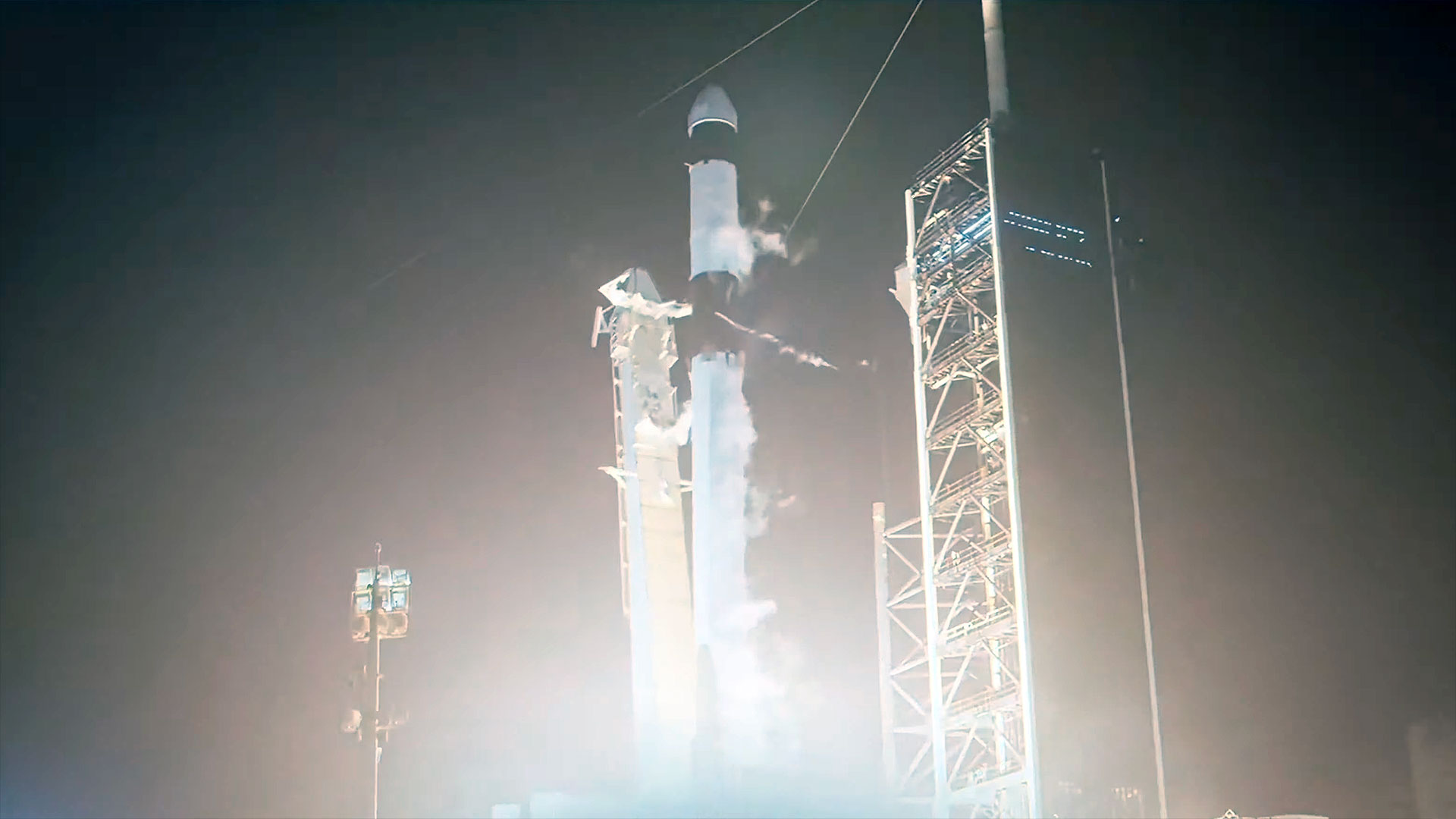Satellite Collision Reveals Need for Space Traffic Control
The devastating collision of two satellites this week reveals the urgent need for a space traffic control system, according to a private foundation that studies space security issues.
"This collision underscores in a dramatic way the importance of instituting an international civil space situational awareness (SSA) system as soon as possible," said Ray Williamson, Executive Director of Secure World Foundation.
While space agencies have discussed the need before, no formal agreements exist between the several nations that now operate satellites. The Feb. 10 crash was said by NASA to be the first ever high-speed impact involving two intact satellites.
Among the tricky problems: One nation's debris can create a disaster for a company within another country, as was the case this week when the defunct Russian satellite slammed into a working satellite operated by the U.S-based Iridium corporation.
"Unfortunately, it appears that there was data warning about the possibility of this collision beforehand," said Brian Weeden, Technical Consultant for Secure World Foundation. "However, it must be stressed that close approaches between satellites somewhere in Earth orbit occurs on almost a weekly basis…and until this event, have never before resulted in an actual collision."
Before the Feb. 10 disaster, there were some 4,000 rocket bodies and satellites, dead or alive, orbiting Earth. In addition, more than 6,000 other large, observable and tracked bits of debris float around up there. More than 200,000 smaller bits bigger than 1 centimeter -- still potentially dangerous but not tracked -- are thought to be in orbit. Much of this material moves at 17,500 mph.
The situation just got dramatically worse. Debris from the crash this week is now spreading out and threatens other satellites. The junk could remain in orbit for 10,000 years, Russian mission experts said. In the shorter term, even the International Space Station and the Hubble Space Telescope could be put at risk.
Get the Space.com Newsletter
Breaking space news, the latest updates on rocket launches, skywatching events and more!
"Getting the right information to the right authorities in time to make the right avoidance maneuver decision is a very complicated process that doesn't entirely exist yet," Weeden said.
Weeden and his colleagues have made the plea for an SSA before.
"SSA is extremely important for military space, but there is a significant need for SSA in civilian space as well," Weeden said in November. "This SSA system needs to work in an international context, much the same way as aviation does. But very few companies and States have the resources to fund and operate their own SSA network."
- Video: How the Crash Happened
- Debris From Space Collision Poses Threat to Other Satellites
- Space Station Astronauts Informed of Satellite Crash
Join our Space Forums to keep talking space on the latest missions, night sky and more! And if you have a news tip, correction or comment, let us know at: community@space.com.

Space.com is the premier source of space exploration, innovation and astronomy news, chronicling (and celebrating) humanity's ongoing expansion across the final frontier. Originally founded in 1999, Space.com is, and always has been, the passion of writers and editors who are space fans and also trained journalists. Our current news team consists of Editor-in-Chief Tariq Malik; Editor Hanneke Weitering, Senior Space Writer Mike Wall; Senior Writer Meghan Bartels; Senior Writer Chelsea Gohd, Senior Writer Tereza Pultarova and Staff Writer Alexander Cox, focusing on e-commerce. Senior Producer Steve Spaleta oversees our space videos, with Diana Whitcroft as our Social Media Editor.
